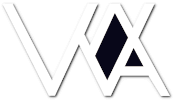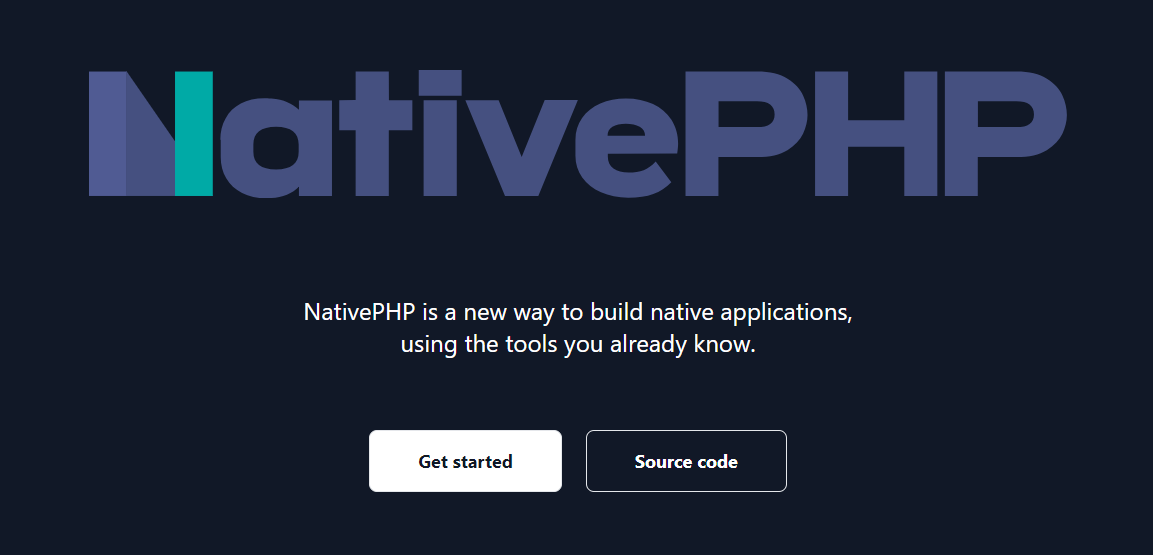NativePHP is a revolutionary framework designed to enable PHP developers to create rich, cross-platform, native desktop applications using familiar tools such as HTML, CSS, JavaScript, and PHP itself. NativePHP is versatile, accommodating developers using Laravel or other frameworks, as well as those working without a framework. It doesn’t restrict the choice of UI toolsets, so developers can utilize their preferred tools such as React, Vue, Livewire, Inertia, or even simple HTML and CSS, in conjunction with frameworks like Tailwind, Bootstrap, or Material UI.
NativePHP essentially comprises a collection of user-friendly classes to interact with numerous host operating system features, tools for building and bundling your native application using Electron or Tauri browser environment, and a static PHP runtime that ensures your app can run on any user’s system with zero installation effort.
This innovative framework comes with an array of features right out of the box, including window management, menu management, file management, database support (SQLite), and native notifications. With NativePHP, developers have the flexibility to build any kind of application, from a menubar app that manages cron jobs to a screen recorder that adds special effects to smiley-face emojis.
NativePHP is the brainchild of Marcel Pociot and Simon Hamp, and wouldn’t be possible without the contributors to PHP, Electron, Tauri, Laravel, Symfony, and Static PHP CLI. It is an open-source project available on GitHub.
NativePHP holds significant potential in transforming traditional server-based PHP applications into cross-platform desktop apps due to several reasons:
- Familiarity: Developers proficient in PHP can utilize their existing skills without needing to learn a new language. As a result, transitioning old server-based PHP applications into desktop or cross-platform apps is made more efficient.
- Versatility: NativePHP is not limited to any specific framework or UI toolset. Developers can use familiar technologies such as HTML, CSS, JavaScript, and any PHP framework they prefer. This makes it possible to port over and adapt code from older server-based PHP apps more easily.
- Cross-Platform Compatibility: The ability of NativePHP to leverage Electron or Tauri browser environments allows developers to create applications that work on any platform (Windows, macOS, Linux) without modifying the underlying codebase. This is a significant advantage in transforming server-side PHP apps into cross-platform applications.
- Embedded Runtime: NativePHP comes with a static PHP runtime. This means that your application can run on any user’s system without them having to install or configure PHP. This can simplify deployment and installation for end users.
- Bundled Features: NativePHP offers a range of features out of the box like window management, menu management, file management, database support (SQLite), and native notifications. These can be used to build rich desktop experiences and can be beneficial when transforming server PHP apps into a full-featured desktop application.
- Autonomy and Security: Converting a server-based PHP app into a desktop application with NativePHP can help in improving data security and privacy, as the data will be stored locally and the app will have less dependency on internet connectivity.
- Performance: Desktop applications generally run faster and are more efficient compared to web applications since they run directly on the operating system without needing a web server to process requests.
NativePHP is poised to be a significant player in the PHP development ecosystem, breathing life into older PHP apps by enabling their transformation into efficient, standalone desktop or mobile applications.



